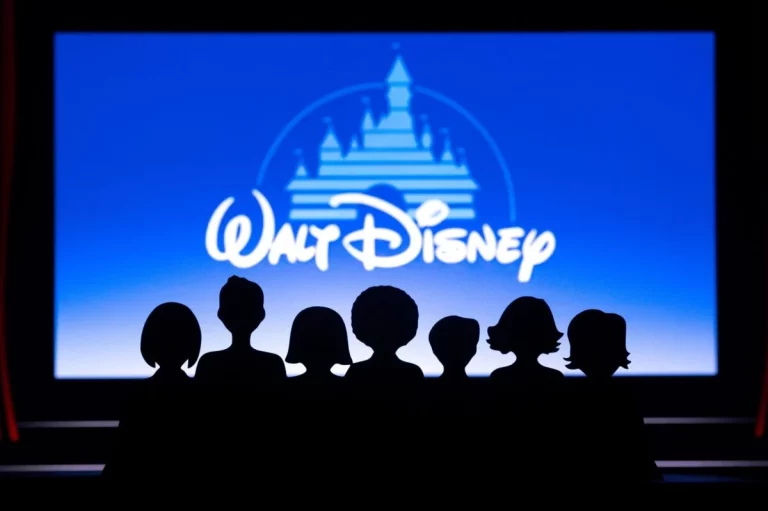
Cultural diversity refers to the variety of human societies or cultures in a specific region or in the world as a whole. It is an essential aspect of society that promotes understanding, acceptance, and respect for differences among people. In a globalized world where interactions between individuals from different cultural backgrounds are increasingly common, embracing cultural diversity is crucial for building inclusive communities and fostering unity.
One of the key benefits of cultural diversity is the opportunity to learn from one another. When individuals from diverse cultural backgrounds come together, they bring unique perspectives, traditions, and beliefs that enrich the collective experience. This exchange of ideas and customs can lead to greater creativity, innovation, and problem-solving, as individuals draw inspiration from different cultural practices and ways of thinking.
Moreover, cultural diversity promotes tolerance and empathy among individuals. By engaging with people from different backgrounds, individuals develop a greater awareness of the challenges and experiences faced by others. This increased understanding can help break down stereotypes, reduce prejudice, and build bridges across communities, fostering a more inclusive society.
Embracing cultural diversity also contributes to the preservation of cultural heritage and traditions. By celebrating and valuing the unique practices and customs of different cultural groups, societies can ensure the continuity of their rich cultural legacy for future generations. This preservation of cultural diversity helps maintain the unique identity of communities and promotes cultural sustainability.
In conclusion, cultural diversity plays a vital role in shaping a harmonious global society. By embracing and celebrating differences, individuals and communities can build a more inclusive and understanding world. Through promoting tolerance, empathy, and respect for all cultures, we can create a future where diversity is valued and unity is strengthened.






